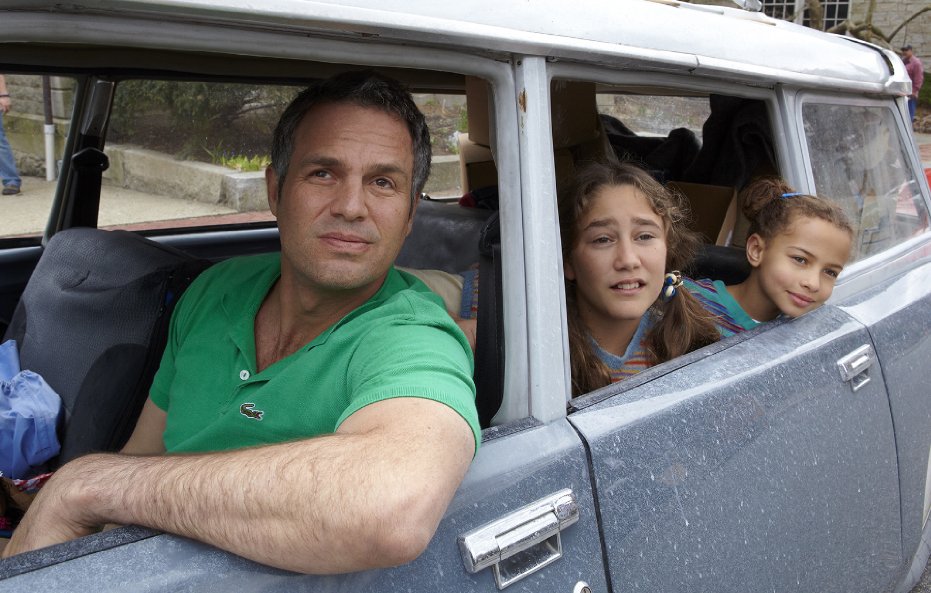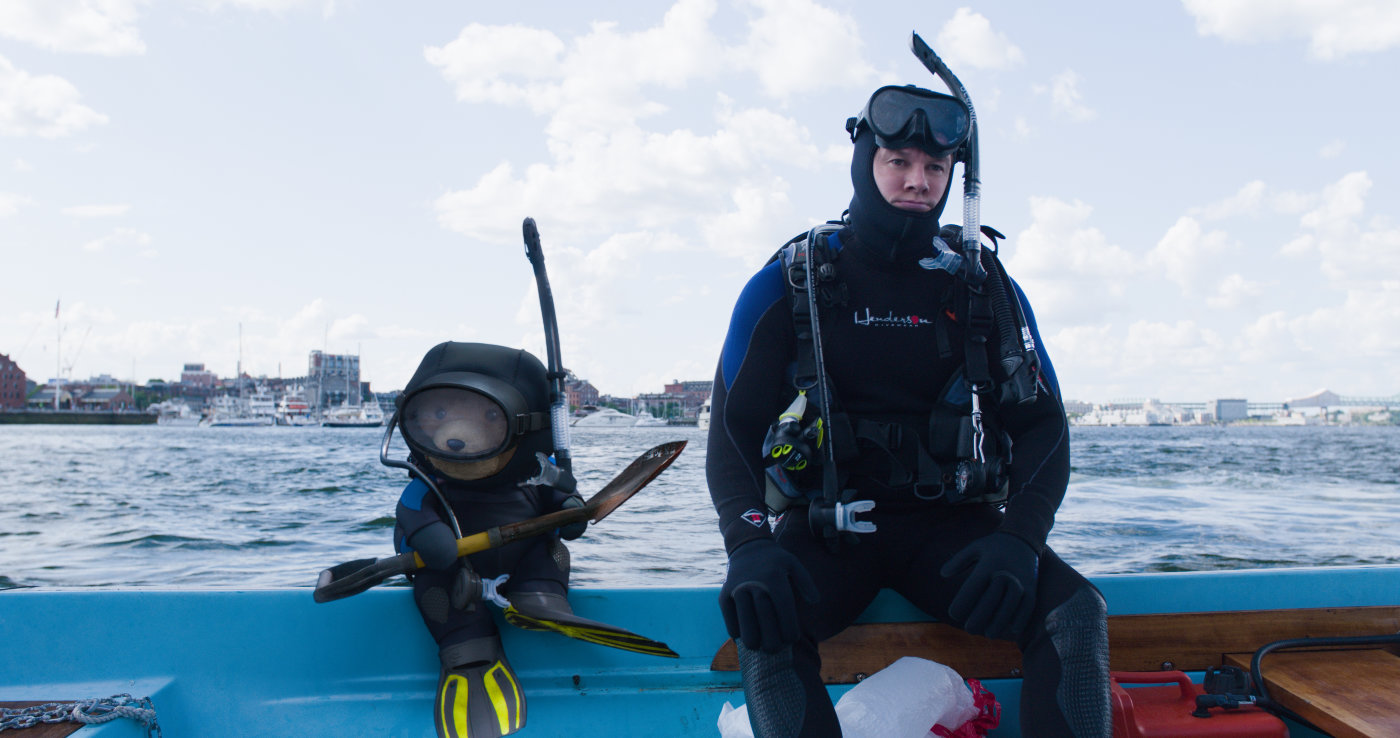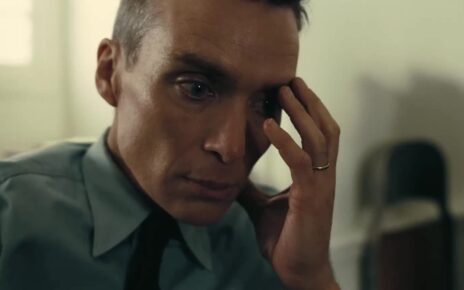Don’t marry somebody bi-polar. Even if (s)he’s smart. Even if his/her lucid moments are the pinnacle of love, artistry and human expression. Even if (s)he looks like Mark Ruffalo. And, for God sakes, don’t have children by a manic depressive. No matter how adorable, you’re just askin’ for trouble. That’s what I take from Infinitely Polar Bear – a study in parenting in a two grown people/one adult family.
The biggest problem with non-physical disorders is that they hardly announce themselves like a cotillion attendee, “please to introduce Lord Warrington Archibald Sumner III and the Lady Pennworthy Sumner; all choosing to address the pair should are forewarned the Lord is ligyrophobic and the Lady suffers from mild dementia …” No, Cam (Rufflo) announces he has gone to the dark side by insisting upon a pool party during a Boston winter. His wife Maggie (Zoë Saldana) and adorable preteens Amelia (Imogene Wolodarsky) and Faith (Ashley Aufderheide) are so horrified by dad stripped down to, essentially, red underwear, they lock the car door on him.
That visual is both funny and disturbing at the same time, right? That’s the theme of Infintely Polar Bear – these particular lives are blessed and cursed by the fact that dad just can’t get his shit together.
The next action takes place two years later – dad is out of the institution and into a halfway house. After years of poorhouse frustration, Maggie has had enough; it is time for a change. She has enrolled in the fast track for an MBA at Columbia U. (New York City); dad is going to return home and solo parent the kids who can take care of themselves better than their father can take care of himself. I was surprised out how sympathetic I found this plot; I mean, Cam can’t be a parent. He’s moody, impatient, overwhelmed and abandons the girls for a local bar on night #1. On the other hand, he has a warm personality, he’s really enthusiastic  about wanting his family back, and during his lithium-assisted moments, one can almost imagine him parenting correctly.
about wanting his family back, and during his lithium-assisted moments, one can almost imagine him parenting correctly.
Yes, Maggie leaving her daughters to this fate is indefensible. Still? I found myself rooting for Cam to prove me wrong, which he did about 40% of the time. Cam’s greatest parental asset? He has neither friends nor job. That means good or bad, he’s there. Yes, he ducks out for self-survival purposes, but he returns before any real trouble can happen. In the deficit column? You’ll never see Cam without a cigarette; it’s the 70s, so I suppose we can only raise half an eyebrow. He swears at his children. He behaves like a child, often choosing literal escapism to adult chores. He creates trouble where none exists – stalking a neighbor in an effort to be friendly, asking for a tour in a stranger’s house he lived in as a child, buying a car that lacks a floor (solved by collecting superfluous baking sheets from his grandmother’s house).
Most of these moments are told tongue-in-cheek. Amelia is more responsible than her father and the film knows it, so we get to see her lecture Cam on parenting from time-to-time. How you handle these moments dictates how the film goes – could be a horror, sounds like a drama, but writer/director Maya Forbes milked it for comic potential. While watching, I was reminded of a friend who disliked Rain Man for too often landing on the fun side of autism. That’s Infinitely Polar Bear to me – if you want to ignore the subtext and see the fun side of bi-polar disorder, enjoy; if you find said irresponsible, a perfectly valid conclusion, you probably won’t like this much.
So you’re being raised by a loon
Bet you want to sing a better tune
Look chipper, my friend
He could be hauled off again
Whatsamatter, babe? Too soon?
Rated R, 90 Minutes
D: Maya Forbes
W: Maya Forbes
Genre: The desperation of poverty
Type of person most likely to enjoy this film: Parents
Type of person least likely to enjoy this film: Social workers



